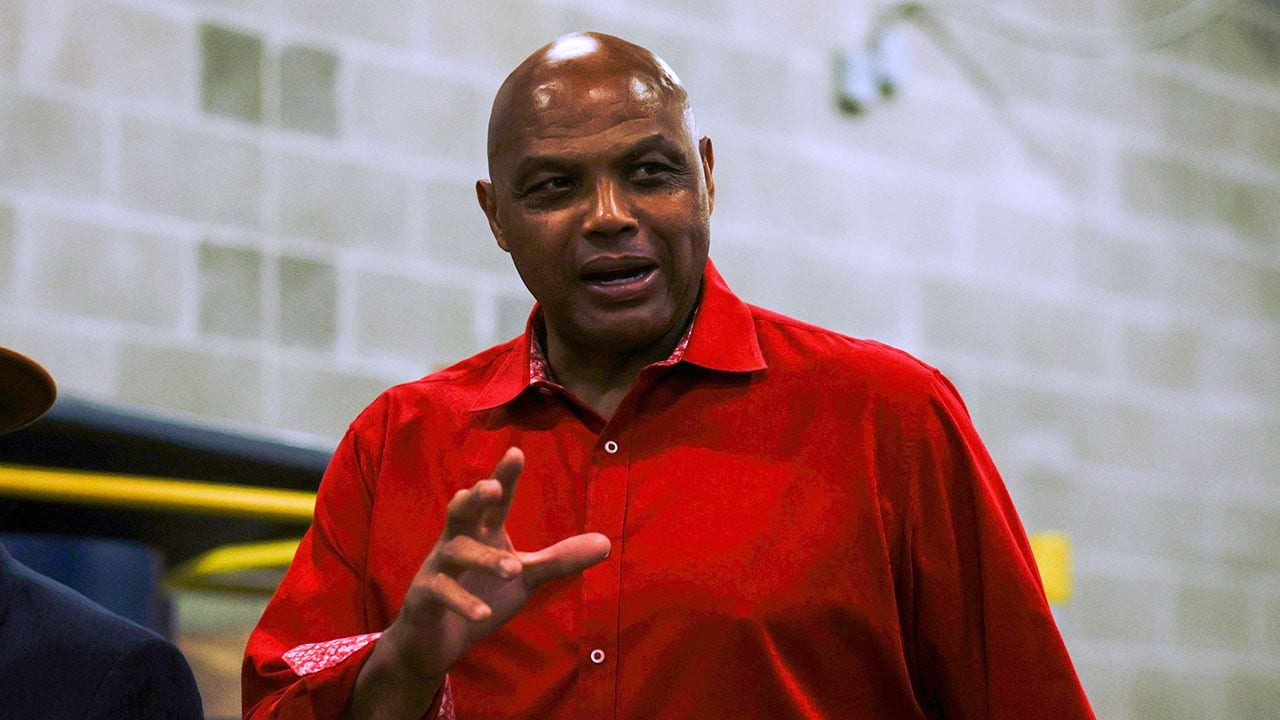While the first kiss can mark an unofficial start to a new romance, people don’t always talk about how much they kiss their partners once they’re in an established relationship. However, a redditor recently posed that very question: “I’ve been married 30 years and kiss my spouse a couple times a week. How often do you kiss your spouse?”
Most people shared that they love kissing their partner — and do it as often as possible. One replied: “Every morning, every night and several times in between.” Another one, married for nearly 30 years, commented that they and their partner “make out for a few minutes before bed every night,” as well as “give each other a peck every time we leave or return to each other’s presence.” And a third, who is married for 28 years, wrote that they kiss their partner “several times a day” — and plenty of others agreed they do the same.
But not every redditor is into kissing the person they love all the time: One wrote that they “couldn’t stand” regular kissing since they’re “not a touchy feely person at all.” Another declared that they “don’t kiss very often” because “we have 5 of our grandchildren crawling all over us all day every day.”
While there’s a range in how often people kiss their significant others, is there a right amount of times to kiss them? Could too little (or too much) kissing signal a relationship issue? We spoke to relationship experts to find out.
First, the benefits of kissing
There may be some perks to puckering your lips: A psychological study led by Dr. Arthur Szabo in the 1980s found that men who kissed their wives before going to work lived, on average, five years longer than those who didn’t.
Of course, it wasn’t the kiss alone that benefited lifespan: The research revealed that the positive attitude fostered by regular kisses correlated with better physical health and improved work performance and even led to fewer car accidents.
Kissing has other benefits too. Research has found that smooching reduces stress by releasing feel-good chemicals like oxytocin and dopamine, which may even help lower cholesterol. It also alleviates headaches by dilating blood vessels and lowering blood pressure, and can even reduce allergy symptoms, according to a 2003 study. Plus, puckering up boosts immunity by exposing the body to new bacteria. (Of course, you should always avoid kissing someone who is sick, as exposing yourself to viruses can make you ill as well.)
How often should we kiss our partners?
Kissing is good for our bodies, but what about our relationships? Is it true that the more we kiss our partners, the better our bond? Relationship researchers John and Julie Gottman, who created the couples therapy framework the Gottman Method, say that sharing small moments of affection — like a six-second kiss — can strengthen a relationship’s emotional foundation and increase intimacy.
However, Emily Zeller, a marriage and family therapist, tells Yahoo Life that there is “no one-size-fits-all answer to how often couples should kiss.”
“While some couples naturally kiss more often, others may go days without a peck and still feel secure in their connection,” she says. “However, if one partner starts feeling neglected or disconnected, it’s a signal that a conversation is needed — not necessarily about kissing itself, but about what makes them feel loved and close.”
Marriage and family therapist Marisa T. Cohen, a relationship expert at the dating app Hily, tells Yahoo Life that while “kissing can enhance relationship satisfaction and closeness,” the type of kissing also matters. “While kissing your partner as a quick peck can be a great way to bookmark your day, such as a goodbye when you leave for work and hello upon returning, this may be different from passionately kissing your partner as a way to enhance the intimate connection between the two of you,” Cohen says. Sneaking in a quick peck may not necessarily bring about that emotional closeness you’re craving, even if you’re technically kissing regularly.
When one person wants to kiss more — or less
Kissing is about physical affection — and partners may want different amounts of it in their relationship, Cohen notes. That’s why it’s important to communicate with your partner how much physical affection they want, including kissing.
Zeller agrees that communication is vital to keeping your bond strong. “If one partner craves more closeness while the other feels overwhelmed, it’s important to communicate and find a balance,” she says. “The key question is: Are both partners feeling valued, loved and emotionally connected? If the answer is no, then adjusting the level of affection together can help.”
Some people may simply want less physical affection overall (like, say, the redditor who shared they’re just not very “touchy-feely” by nature). Also, time of life can impact how much kissing we crave, says Courtney Cope, a therapist at BetterHelp, who notes that during “certain seasons of life” — like when raising small children, dealing with health issues or going through grief — some people may feel like kissing or physical touch is “a stressor” rather than a comfort. Being able to express how you’re feeling, whether it’s the norm or the result of other difficulties you’re experiencing, is “vital for mutual understanding in a relationship,” she says.
The bottom line
If you’re satisfied with how much you’re kissing — whether it’s a lot or a little — and communicating well with your partner, you’re on the right track, say experts.
But if you are seeking ways to get more (or fewer) kisses in your daily life, follow these tips from NYC-based mental health counselor Jordanne Sculler.
Use ‘I’ statements: “Instead of saying ‘You never kiss me anymore,’ try ‘I miss feeling physically close to you,” Sculler tells Yahoo Life. “Would it be OK if we worked on bringing more physical affection into our routine?’”
Acknowledge different comfort levels: If one partner prefers less physical affection, Sculler says to try to find a compromise, like more cuddling or hand-holding instead of kissing.
Make it about connection — not obligation: “The goal is to strengthen intimacy, not force someone into an affection level they’re not comfortable with,” Sculler notes. It may take some practice to find the right balance, but pressuring someone to become more intimate than they’re comfortable with will lead to disconnection instead of closeness.
Don’t be afraid to check in: Communication is key. Regularly checking in on each other’s needs helps maintain intimacy and ensures both partners feel comfortable and heard.
.png)
 German (DE)
German (DE)  English (US)
English (US)  Spanish (ES)
Spanish (ES)  French (FR)
French (FR)  Hindi (IN)
Hindi (IN)  Italian (IT)
Italian (IT)  Russian (RU)
Russian (RU) 




Comments